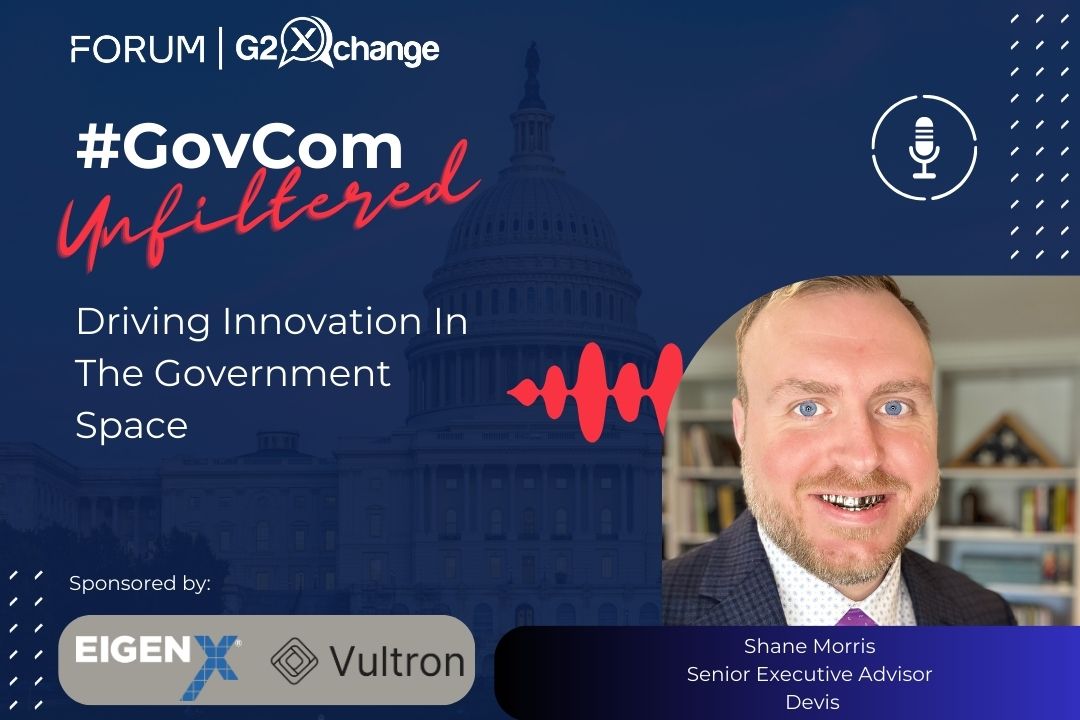“On May 31, 2019, the U.S. Attorney for the District of Kansas announced a $250,000 settlement with Coffey Health System, after two whistleblowers filed qui tam suit against Coffey for violations of the False Claims Act. The settlement resolved allegations that Coffey submitted false claims to Medicare and Medicaid pursuant to the Electronic Health Records Incentive Program. That program offers incentive payments to healthcare providers who adopt meaningful electronic health records (EHR) technology and systems. This case is the most recent in a slew pursued by the Department of Justice. It is a helpful reminder that clients should conduct effective risk analyses when determining whether to adopt EHR technologies in accordance with the federal incentive program…”
“Specifically, the Department of Health and Human Services (HHS), through Medicare and Medicaid, offers incentive payments to healthcare providers who agree to comply with certain EHR technology standards and requirements, such as using certified EHR systems, attesting that the organization satisfies certain implementation standards and security risk measures, and other ongoing compliance provisions. When companies attest they are in compliance with the incentive program’s requirements, healthcare providers must acknowledge that the filing of such an attestation equates to submitting a claim for federal funds. False statements in any federally filed documents related to the program are subject to federal and state criminal laws and civil penalties…”
“… DOJ Enforces False Attestations in the EHR Incentive Program
The False Claims Act (31 U.S.C. Sections 3729-3733) creates civil liability for knowingly presenting, or causing to be presented, false or fraudulent claims to the United States. The Act permits private persons to file suit for violations of the state on behalf of the government, in what is known as a “qui tam” action. Such a suit triggers a government investigation if one has not already begun.
On May 7, 2019, the Department of Justice issued updated guidance on False Claim Act matters. Click here for prior post. Essentially, whistleblowers and cooperators are incentivized to voluntarily disclose misconduct within their organizations, and can receive financial compensation for their conduct. Companies are further encouraged to cooperate with any federal investigation, and under the updated policy, the Department will take into account any corrective action a company takes in response to an allegation of wrongdoing under the False Claims Act. Such credit generally takes the form of a reduction in damages assessed and/or civil penalties. Under the updated policy, the Justice Department “may” publicly…” Read the full article here.
Source: DOJ Pursues More Electronic Health Records Cases – By Colin R. Jennings, June 11, 2019. National Law Review.












